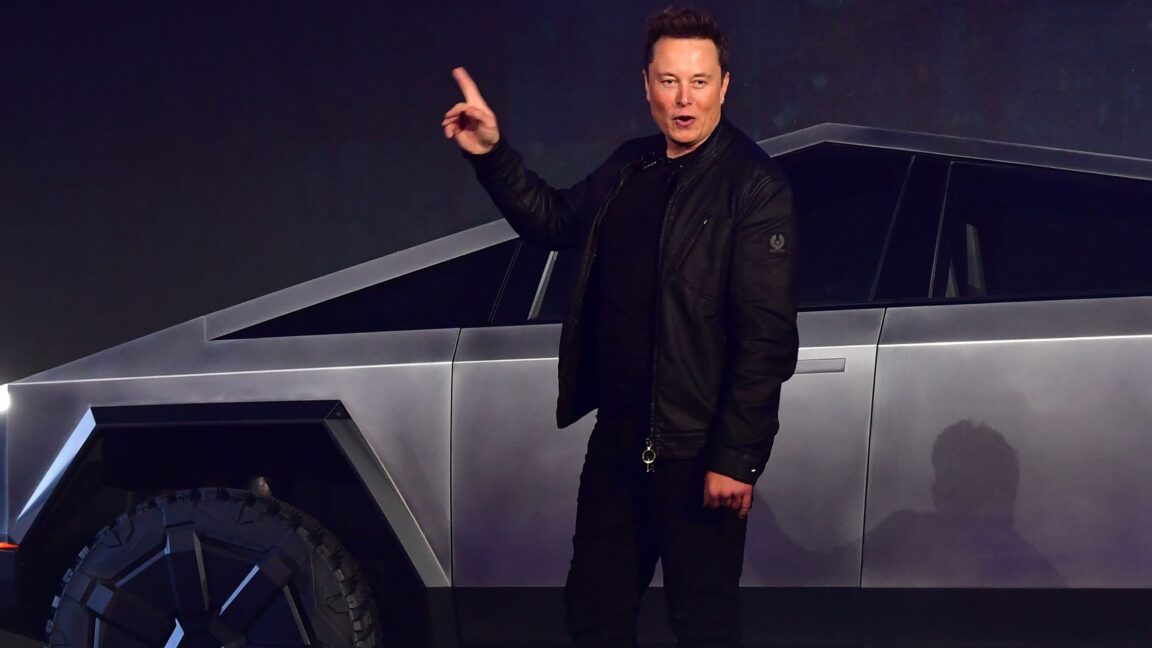Tesla shareholders should reject a compensation plan that could pay Elon Musk more than $1 trillion over the next decade, proxy advisory firm Institutional Shareholder Services (ISS) said in a report Friday.
The plan is designed “to retain Musk and keep his time and attention on Tesla instead of his other business ventures,” but “there are no prescriptive elements within the award to ensure his focus and time remain on Tesla as opposed to his other ventures, undermining the award’s primary rationale,” the advisory firm said in a report for its clients.
The “astronomical grant value” awarded to Musk could dilute value for other shareholders “due to the extreme value and number of shares being granted,” and it is questionable whether the award “is necessary or appropriate to further align his interests [with Tesla] when he currently holds a 19.8 percent ownership stake in the company,” ISS said.
The Tesla proposal, scheduled for a November 6 shareholder vote, could give Musk over 423.7 million Tesla shares and an ownership stake as high as 28.8 percent. It would be awarded in 12 tranches as Musk hits each goal laid out in the proposal.
$1 trillion
Tesla estimated the value of the shares at $87.8 billion while ISS values them at $104.4 billion. Using Tesla’s lower valuation, the ultimate value for Musk would exceed $1 trillion if all market capitalization goals are reached.
“Full achievement of the market capitalization milestones requires historic growth of approximately $7.5 trillion (as of the grant date) to reach the final $8.5 trillion target,” the ISS report said. “This would result in higher market cap than that of Tesla’s largest current competitors in the AI space combined… If all of the shares are ultimately delivered and the highest market cap milestone is achieved, the potential value of those shares is more than $1 trillion.”
Musk’s pay package combines operational goals with market value milestones. The first goal involves delivering 20 million vehicles while hitting a $2 trillion market valuation. More goals include obtaining 10 million Full Self-Driving subscriptions, delivering 1 million “AI robots,” putting 1 million robotaxis in operation, and achieving a $400 billion adjusted EBITDA (earnings before interest, taxes, depreciation, and amortization).

